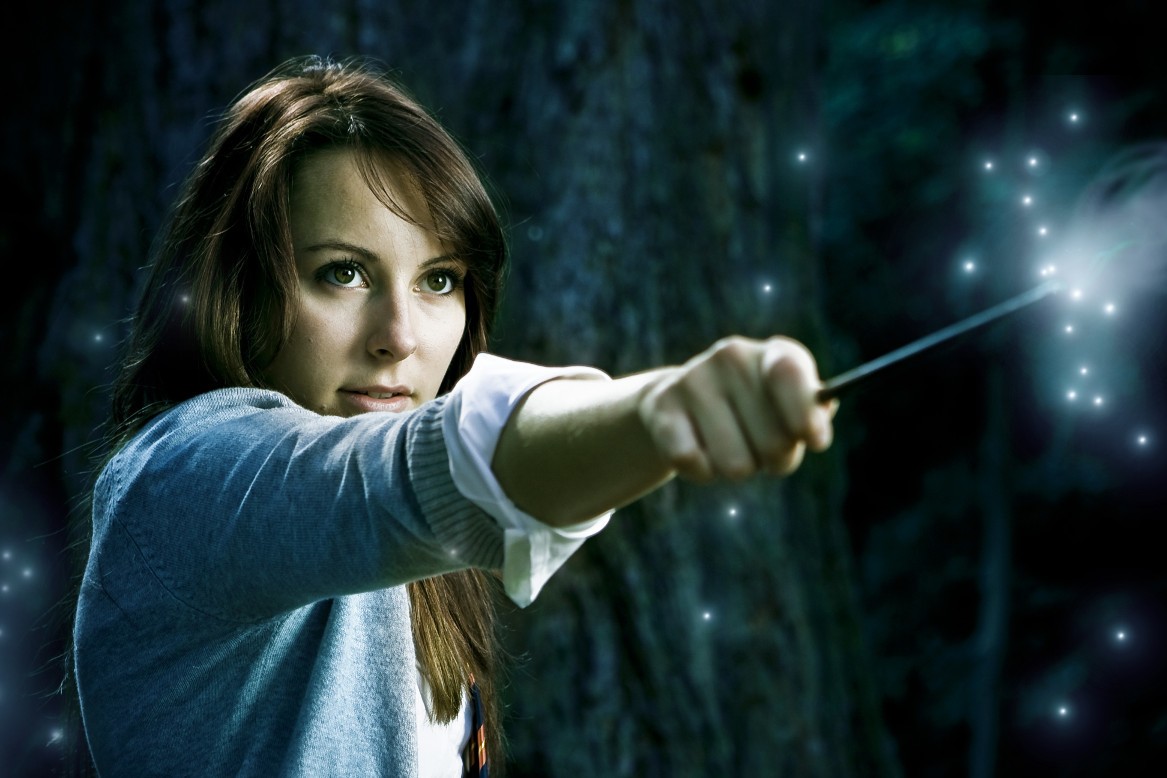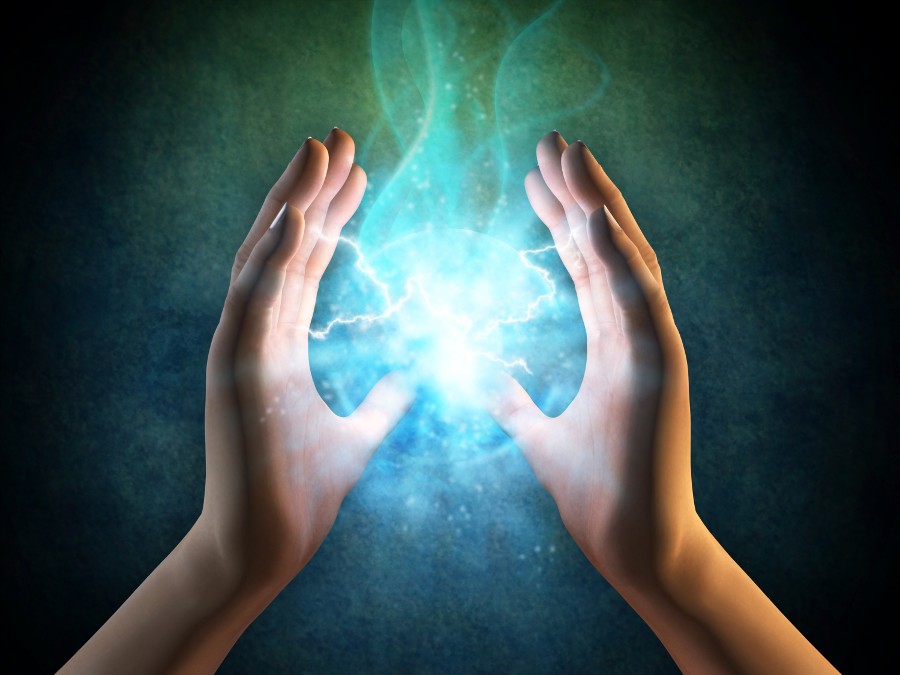A Real Magic Power That You Possess

The casting of spells is pretty standard fare in fantasy. We read about practitioners of magic, people who have the power to shape the world through the mere utterance of sacred words. Battles are won. Fortunes are found. Lives are forever changed. We find ourselves intrigued, and we idly fantasize about what it might be like were we to possess similar powers.
What if I were to tell you that you do? What if I were to tell you that there are certain words which, when spoken, have the power to change the world?
Words are powerful.
It’s through words that the will exerts its influence over the world. Words, effectively organized and strategically expressed, grab hold of our hearts and persuade us to act in accordance with their desires. Words are forces capable of extraordinary things. They unite people with a common purpose. They give birth to nations and empires. They give wings to scientific and technological breakthroughs that sweep the world, curing diseases and raising the standard of living to new and unparalleled heights.
Can one voice really change the world?
It always starts with a single individual, calling out into an ocean of other voices.
Uttered in isolation, the words wander in the midst of chaos, searching. They soon join with others who are sympathetic to their cause. These other voices soon conform to the will of the original, so that what was once a solitary sound is now a chorus. This chorus continues, tumbling like an avalanche, picking up other voices along the way. Soon these words, originally uttered by a single person, become a deafening maelstrom so fierce in its power that they become difficult or impossible to ignore.
Even words that don’t spread far beyond your circle of influence are capable of great things. Carefully crafted words forge enduring relationships. They give birth to friends, families and communities. They have the power to build people up, to encourage and inspire others in pursuits that, despite your own limited influence, nevertheless have the power to transform the world in unexpected ways.
But words have a dark side.
Like any great and powerful force, words can be used for good or for evil. Words have sparked war and genocide as often as they have inspired peace. They have oppressed as often as they have sought freedom. They have driven people toward suspicion, hate, persecution and murder as often as they have urged tolerance and mutual respect.
With great power comes great responsibility.
We must take great care in what we write and in how we speak. We should avoid gossip, slander and bigotry. We must strive always to tell the truth, to put what we have to say at the service of others. Words uttered in anger and self-interest have the power to destroy lives, relationships, families, communities, even the world as we know it.
Conversely, words uttered with sincerity and loving conviction, with a purpose ordered toward the common good, they have the power to build people up, to heal relationships, to instill fresh ideas and a renewed sense of purpose in a world that has been made better for the presence of your own unique voice.
How will you use this magic power?
The world is full of voices, some changing things for the better, others changing things for the worst. You can use your powers for good or for evil. Which will you choose?
Enter your email address and click "Submit" to subscribe and receive The Sign.
